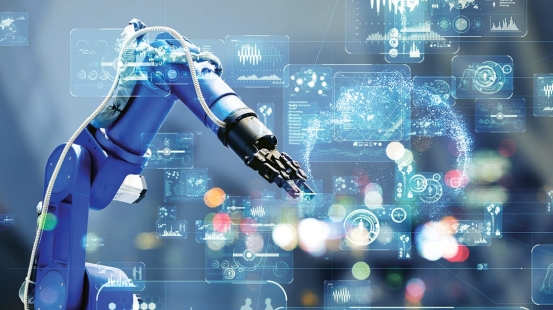Innovations Reshaping Modern Biopharmaceutical Manufacturing
The biopharmaceutical sector is undergoing a transformative shift driven by advanced production techniques. New approaches to cell culture, automation, and sustainability are redefining how therapies are developed, manufactured, and brought to patients—enhancing efficiency, reliability, and affordability across the entire value chain.
The biopharmaceutical sector is undergoing a transformative shift driven by advanced production techniques. New approaches to cell culture, automation, and sustainability are redefining how therapies are developed, manufactured, and brought to patients—enhancing efficiency, reliability, and affordability across the entire value chain.

Revolution in Cell Culture Technology
Cell culture systems have evolved from static, resource-intensive setups to dynamic and intelligent environments. Continuous and perfusion processes now allow for the real-time monitoring of nutrient levels, pH, and oxygen balance, ensuring consistent cell growth and product quality. These advancements enable higher yields of monoclonal antibodies and recombinant proteins with reduced turnaround times. Companies leveraging these systems benefit from improved scalability and cost efficiency while maintaining regulatory compliance.
The Rise of Single-Use Manufacturing Equipment
Single-use bioreactors and disposable filtration systems have become central to modern biomanufacturing. Their adoption eliminates time-consuming sterilization steps, minimizes contamination risks, and allows rapid production changeovers. Startups and mid-sized biotech firms can now compete effectively by using modular, scalable facilities that rely on these flexible systems. Moreover, single-use technologies align with sustainability goals by reducing water and chemical consumption.
Automation and Artificial Intelligence in Production
Automation and AI are no longer optional—they are strategic necessities. Machine learning algorithms analyze production data to detect process deviations early, ensuring consistent output. Automated handling robots streamline repetitive steps, while AI-powered digital twins simulate production scenarios to predict outcomes. These tools increase manufacturing precision, lower operational risk, and accelerate time-to-market for new biologics.
Enhanced Quality Control and Analytics
Modern analytical tools such as liquid chromatography-mass spectrometry (LC-MS) and high-throughput screening have elevated quality assurance standards. They allow for real-time release testing, ensuring every batch meets stringent safety and potency requirements. Continuous monitoring also helps identify micro-variations in product composition, ensuring traceability and transparency throughout the supply chain.
Growth of RNA and Gene-Based Therapies
The rapid rise of mRNA vaccines and gene therapies has revolutionized drug discovery and development timelines. By leveraging synthetic biology, researchers can design therapies that target diseases at the genetic level, offering precision treatment options. These breakthroughs have transformed both clinical and manufacturing practices, leading to a more agile, patient-centered biopharma industry.
Sustainability as a Strategic Priority
Sustainable manufacturing has emerged as a key differentiator in a highly competitive market. From recycling process water to using renewable energy sources, biopharma companies are embedding environmental responsibility into their core operations. These eco-conscious practices not only reduce carbon footprints but also enhance brand reputation and long-term profitability.
Future Outlook
The convergence of biotechnology, data analytics, and green innovation is setting a new standard for the biopharma industry. As organizations integrate digital transformation and sustainability, the next generation of biologics promises to be safer, faster to produce, and more accessible to patients worldwide.

